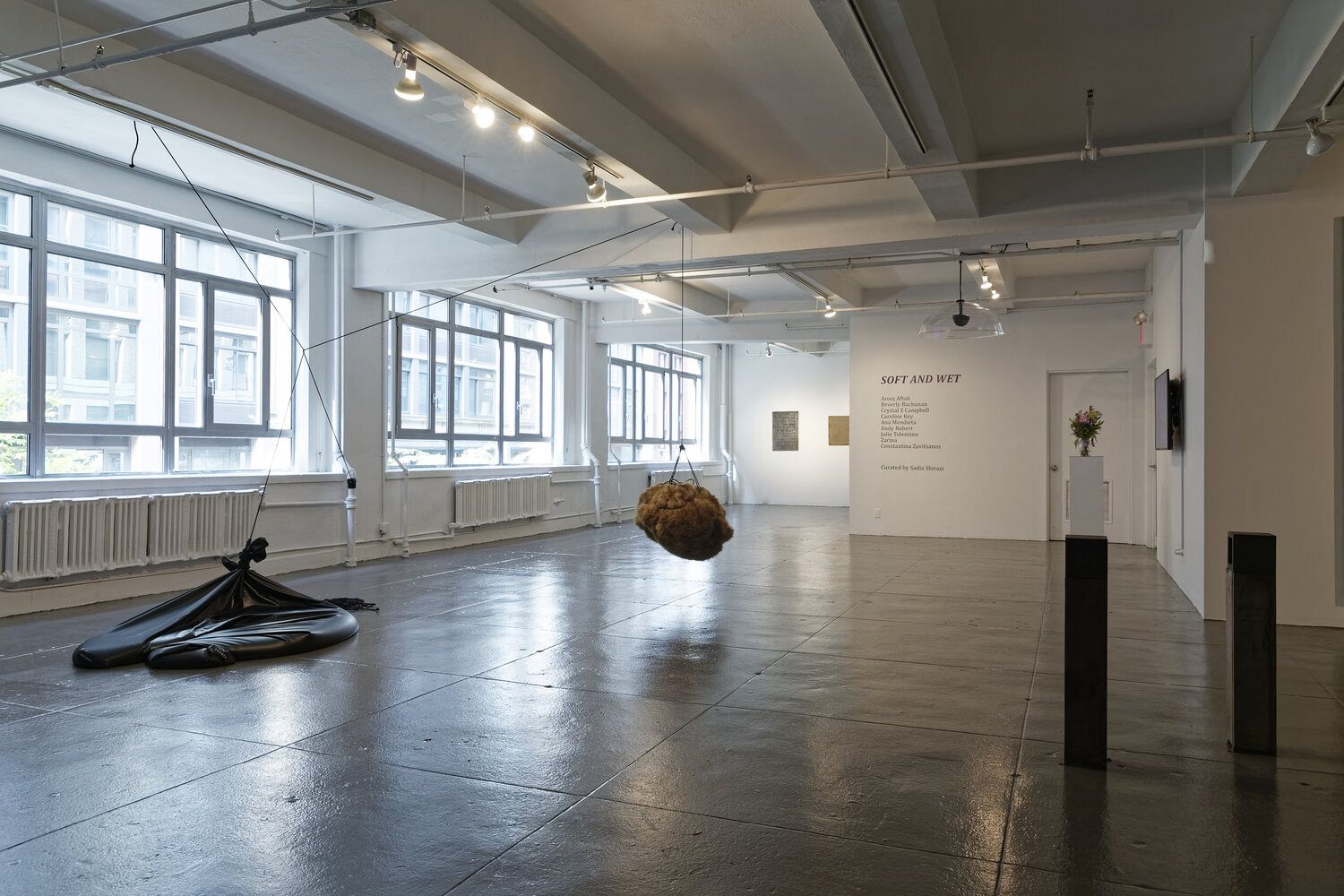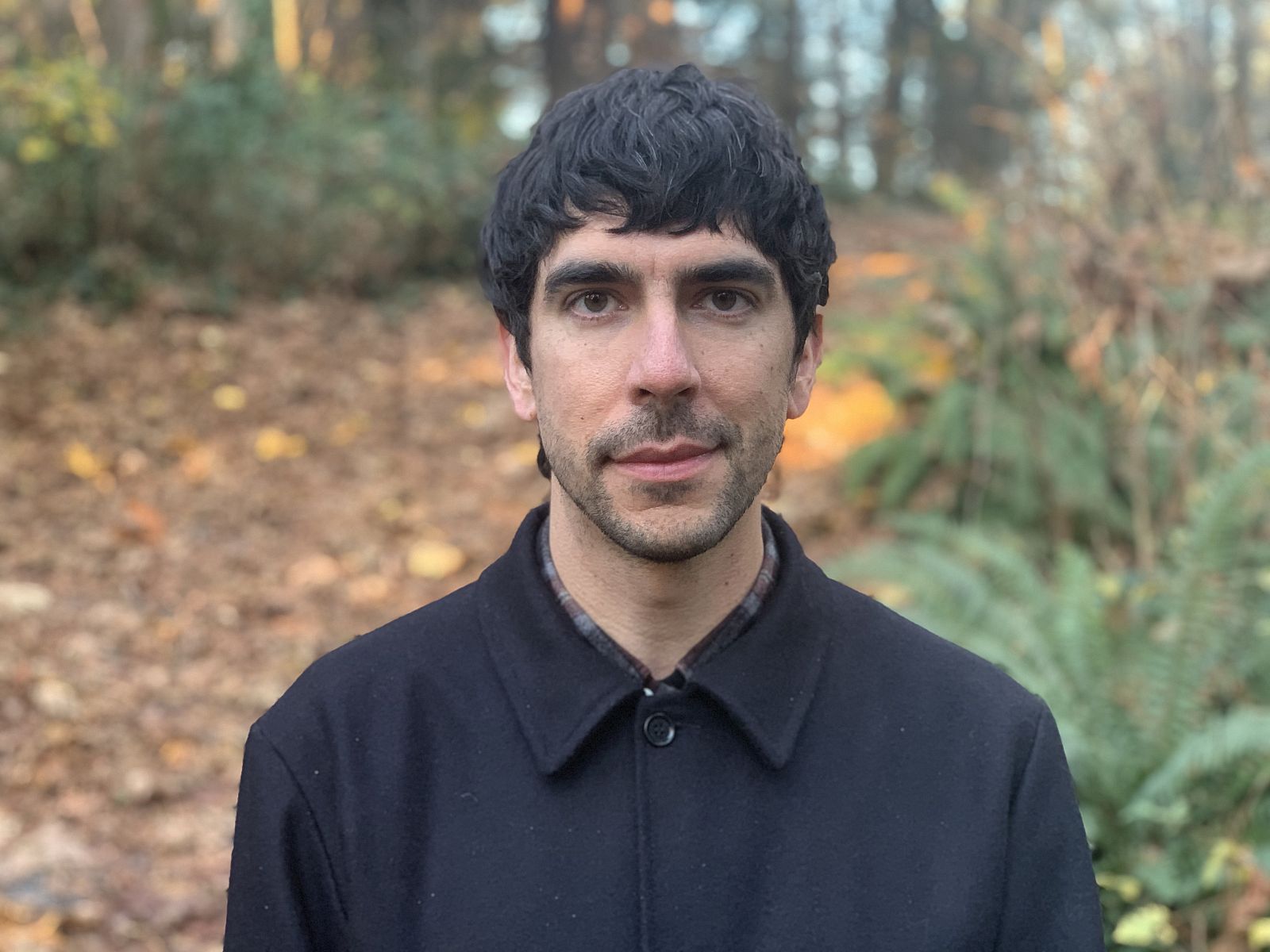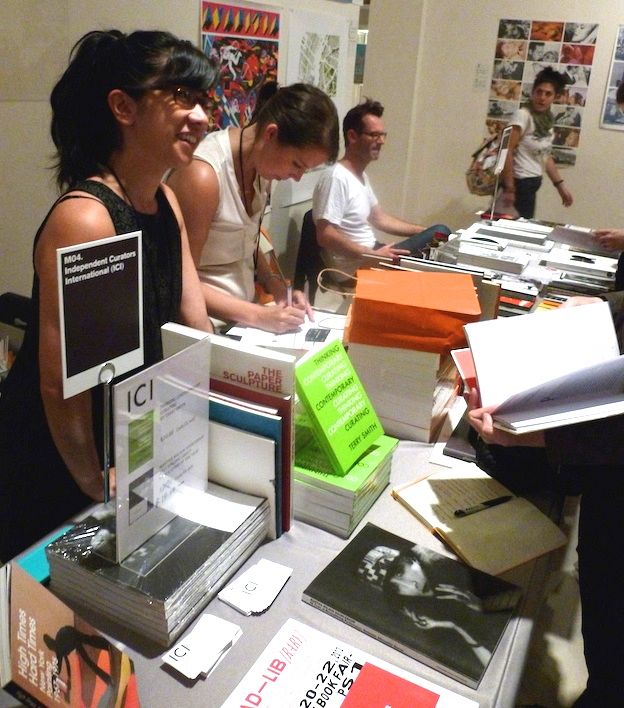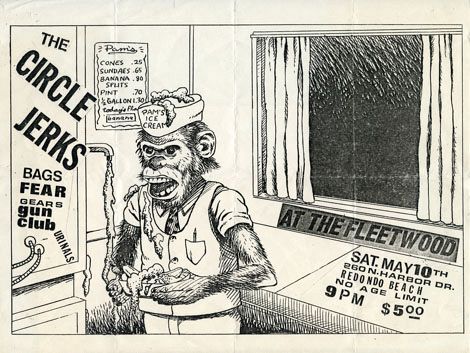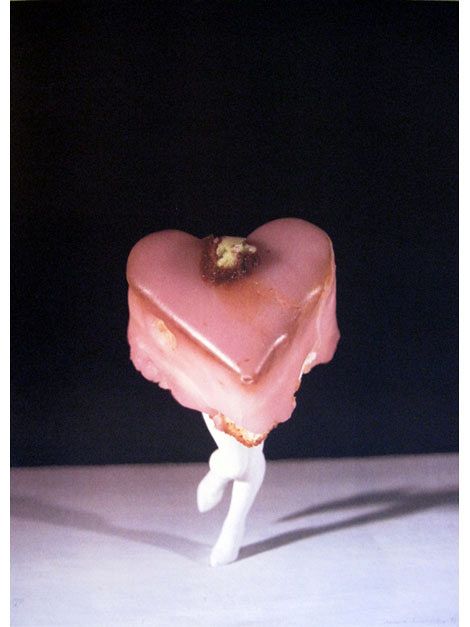Born in Philadelphia in 1943, Howardena Pindell studied painting at Boston University and Yale University. After graduating, she accepted a job in the Department of Prints and Illustrated Books at the Museum of Modern Art, where she remained for 12 years (1967–1979). In 1979, she began teaching at the State University of New York, Stony Brook where she is now a full professor. Throughout her career, Pindell has exhibited extensively. Notable solo-exhibitions include: Spelman College (1971, Atlanta), A.I.R. Gallery (1973, 1983, New York), Just Above Midtown (1977, New York), Lerner-Heller Gallery (1980, 1981, New York), The Studio Museum in Harlem (1986, New York), the Wadsworth Atheneum (1989, Hartford), Cyrus Gallery (1989, New York), G.R. N’Namdi Gallery (1992, 1995, 1996, 2000, 2002, 2006, Chicago, Detroit, and New York), Garth Greenan Gallery, New York (2014), and Spelman College Museum of Fine Art, Atlanta (2015).
Pindell often employs lengthy, metaphorical processes of destruction/ reconstruction. She cuts canvases in strips and sews them back together, building up surfaces in elaborate stages. She paints or draws on sheets of paper, punches out dots from the paper using a paper hole punch, drops the dots onto her canvas, and finally squeegees paint through the “stencil” left in the paper from which she had punched the dots. Almost invariably, her paintings are installed unstretched, held to the wall merely by the strength of a few finishing nails. The artist’s fascination with gridded, serialized imagery, along with surface texture appears throughout her oeuvre. Even in her later, more politically charged work, Pindell reverts to these thematic focuses in order to address social issues of homelessness, AIDs, war, genocide, sexism, xenophobia, and apartheid
